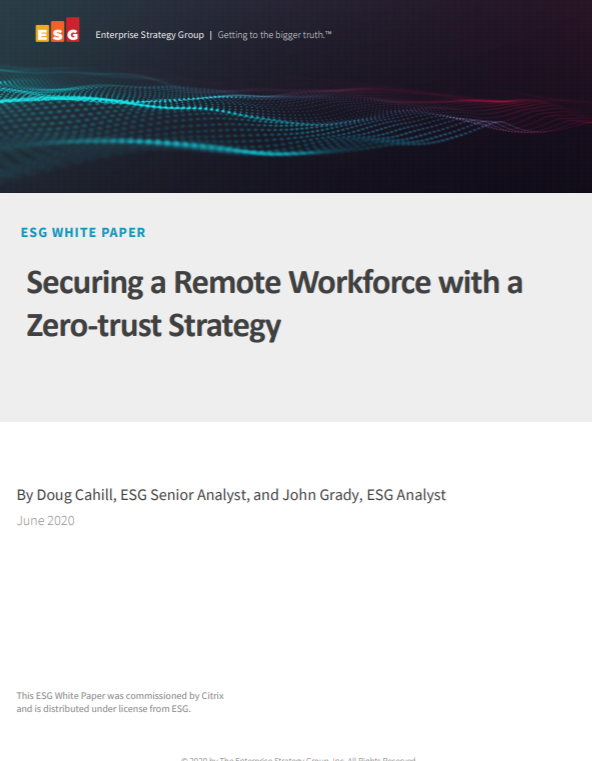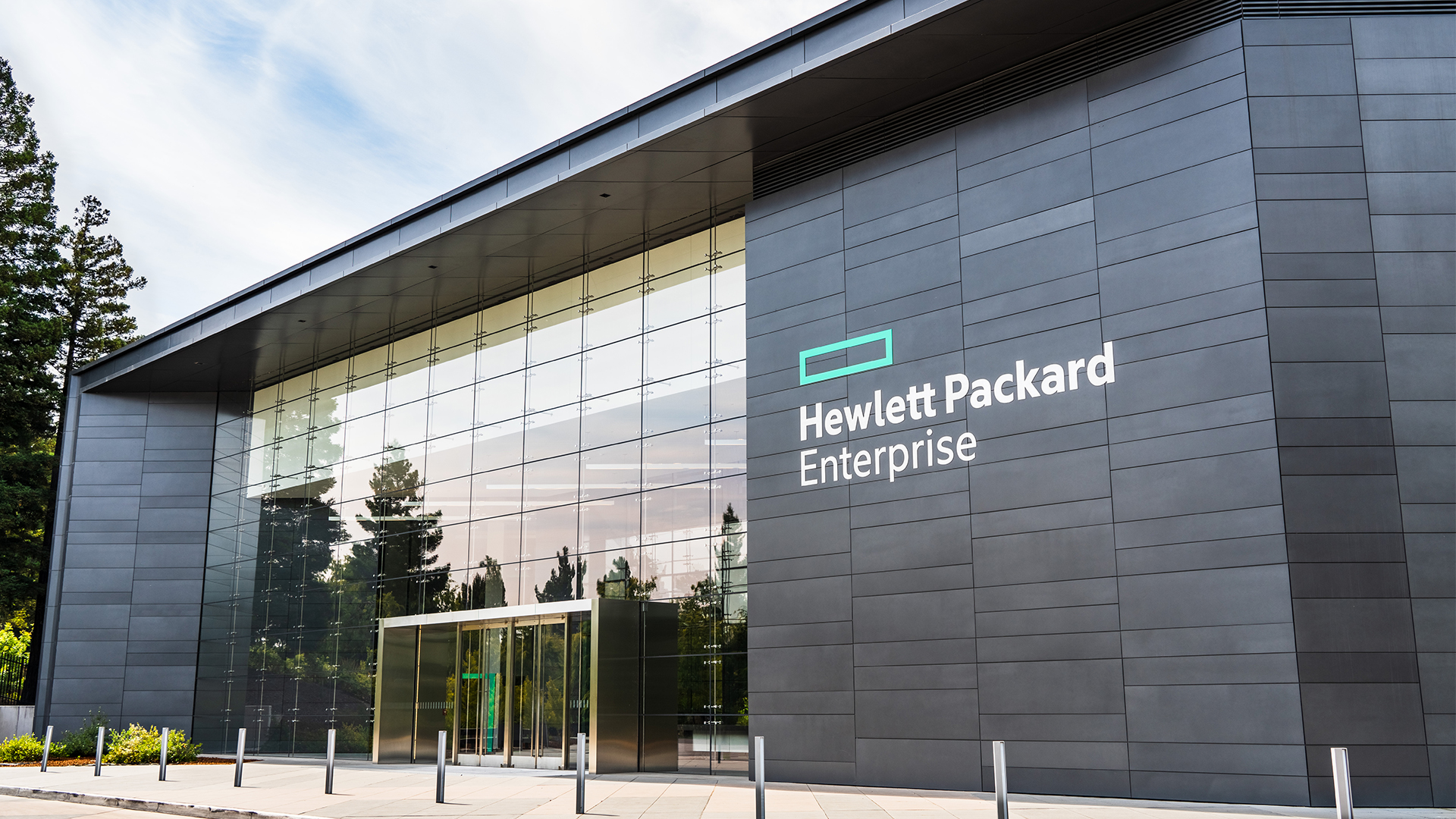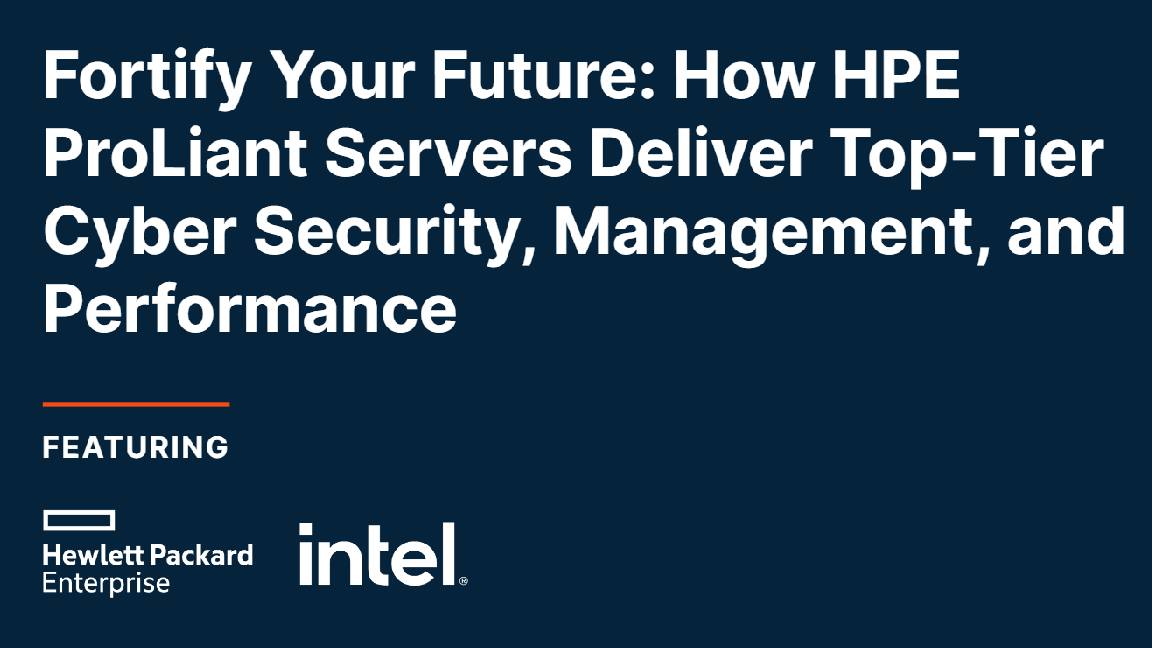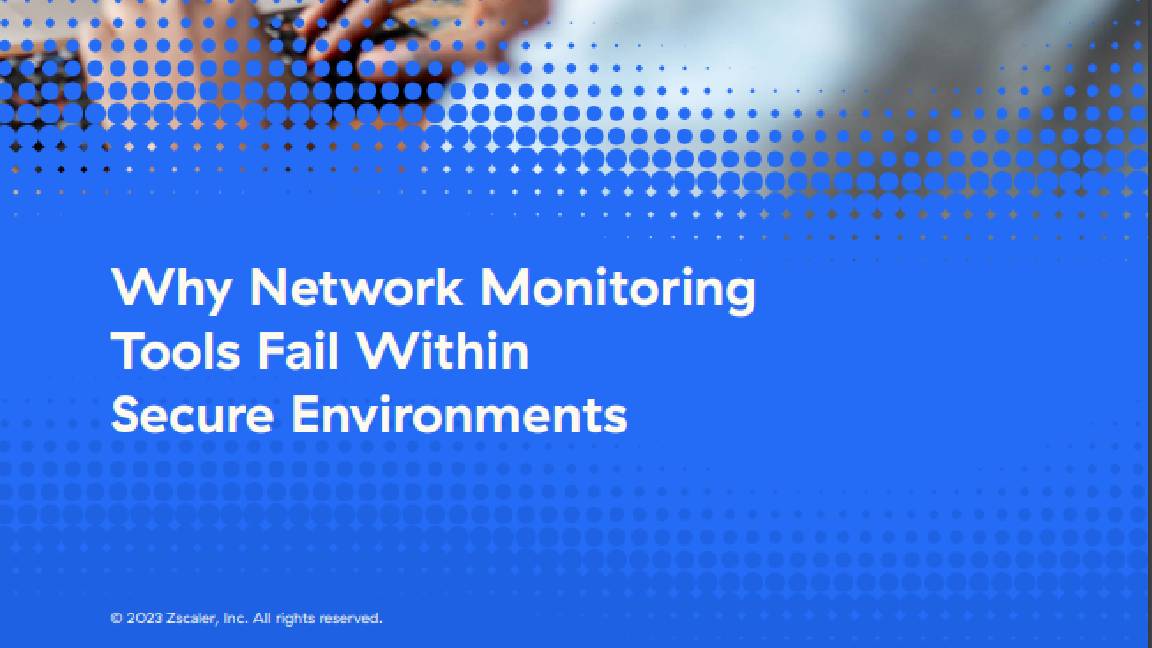AWS CISO urges companies to adopt a zero-trust security approach
Steve Schmidt outlines how his entire security strategy is based around the zero-trust philosophy


Organisations should embrace the philosophy and principles of zero-trust security to keep up to date with modern demands and security threats, AWS’ chief information security officer (CISO) Steve Schmidt has urged.
Adopting the core tenets of a zero-trust philosophy, including accessibility and usability, and ensuring you’re focusing on the core fundamentals of security, will ensure businesses can eliminate needless risks in their IT estates.
Doing so, however, isn’t as straightforward as businesses may hope, according to Schmidt. This is because the term ‘zero-trust’ can mean different things in different contexts, with this ambiguity the product of a diversity of use cases to which it applies.
“Zero-trust is, to me, a set of mechanisms that focus on providing security controls around digital access and assets while not solely depending on traditional network controls or network perimeters,” he explained, speaking at AWS re:Invent 2020.
“In other words, we aren’t going to trust a user based only on their location within a traditional network. Instead, we want to augment network-centric models with additional techniques, which we would describe as identity-centric controls.”
An example of one such use case that he provided was human-to-application security, which is particularly relevant given the surge in people working from home in 2020. Traditionally, applications sat behind a virtual private network (VPN) front door, but these aren’t compatible with the diversity of devices that workers use to access work-related services. Applying zero-trust principles generates the objective to make the locks on applications effective enough that you can eliminate a VPN-based front door altogether.
Zero-trust principles have become far more popular across the industry of late, with a number of companies quick to adopt and promote this philosophy either as part of their own strategies or in their products.
Sign up today and you will receive a free copy of our Future Focus 2025 report - the leading guidance on AI, cybersecurity and other IT challenges as per 700+ senior executives
BlackBerry, for example, announced Persona Desktop in October, a security platform that uses artificial intelligence (AI) and machine learning to detect user and entity behaviour abnormalities. Persona Desktop works at the endpoint, and eliminates the need to share data back to the cloud before the system acts, and also aims to protect against stolen credentials, insider threats, and physical compromise.
RELATED RESOURCE

Securing a remote workforce with a zero-trust strategy
Why zero-trust is the latest foundational cyber security construct for the modern workplace
Google, too, launched a zero-trust remote access service known as BeyondCorp Remote Access earlier this year that’s designed to give remote teams access to their internal applications without the need for a VPN.
As part of Schmidt’s outline of AWS’ security strategy, he also proposed a set of questions that businesses and IT administrators should ask about their organisation’s security configuration. Elements such as where the perimeter is, and how large it is, as well as how easy it might be to monitor and audit, should be considered.
Schmidt also, by way of example, suggested that while VPNs are fine to use for network isolation, it would be best to make the implementation dynamic and hidden from the user experience. This might lead to users not even noticing that network boundaries are being created and torn down as required.

Keumars Afifi-Sabet is a writer and editor that specialises in public sector, cyber security, and cloud computing. He first joined ITPro as a staff writer in April 2018 and eventually became its Features Editor. Although a regular contributor to other tech sites in the past, these days you will find Keumars on LiveScience, where he runs its Technology section.
-
 I couldn’t escape the iPhone 17 Pro this year – and it’s about time we redefined business phones
I couldn’t escape the iPhone 17 Pro this year – and it’s about time we redefined business phonesOpinion ITPro is back on smartphone reviews, as they grow more and more intertwined with our work-life balance
-
 The gig economy: Past, present, and future
The gig economy: Past, present, and futureFeature The rise of the gig economy represents a new era of flexible working despite being plagued with controversies
-
 Russian hackers are using an old Cisco flaw to target network devices – here’s how you can stay safe
Russian hackers are using an old Cisco flaw to target network devices – here’s how you can stay safeNews With the aim of carrying out espionage, Russia's Center 16 is targeting infrastructure organizations around the world
-
 HPE eyes enterprise data sovereignty gains with Aruba Networking Central expansion
HPE eyes enterprise data sovereignty gains with Aruba Networking Central expansionNews HPE has announced a sweeping expansion of its Aruba Networking Central platform, offering users a raft of new features focused on driving security and data sovereignty.
-
 Fortify your future: How HPE ProLiant Servers deliver top-tier cyber security, management, and performance
Fortify your future: How HPE ProLiant Servers deliver top-tier cyber security, management, and performanceWhitepaper Deploy servers with a secure approach
-
 Fortify your future with HPE ProLiant Servers powered by Intel
Fortify your future with HPE ProLiant Servers powered by IntelWhitepaper Enhance your security and manage your servers more effectively
-
 Architecting enterprise networks for the next decade
Architecting enterprise networks for the next decadeWhitepaper A new paradigm in network architecture
-
 Why network monitoring tools fail within secure environments
Why network monitoring tools fail within secure environmentsWhitepaper Gain visibility into devices, networks, and applications
-
 Better together: HPE Aruba Networking CX switches and HPE Aruba Networking Central
Better together: HPE Aruba Networking CX switches and HPE Aruba Networking CentralWhitepaper Explore the power and simplicity of managing HPE Aruba Networking CX Switches with HPE Aruba Networking Central
-
 Cyber-resilient infrastructure starts with server security
Cyber-resilient infrastructure starts with server securitywhitepaper Take a security-focused approach when investing in the next wave of IT infrastructure.